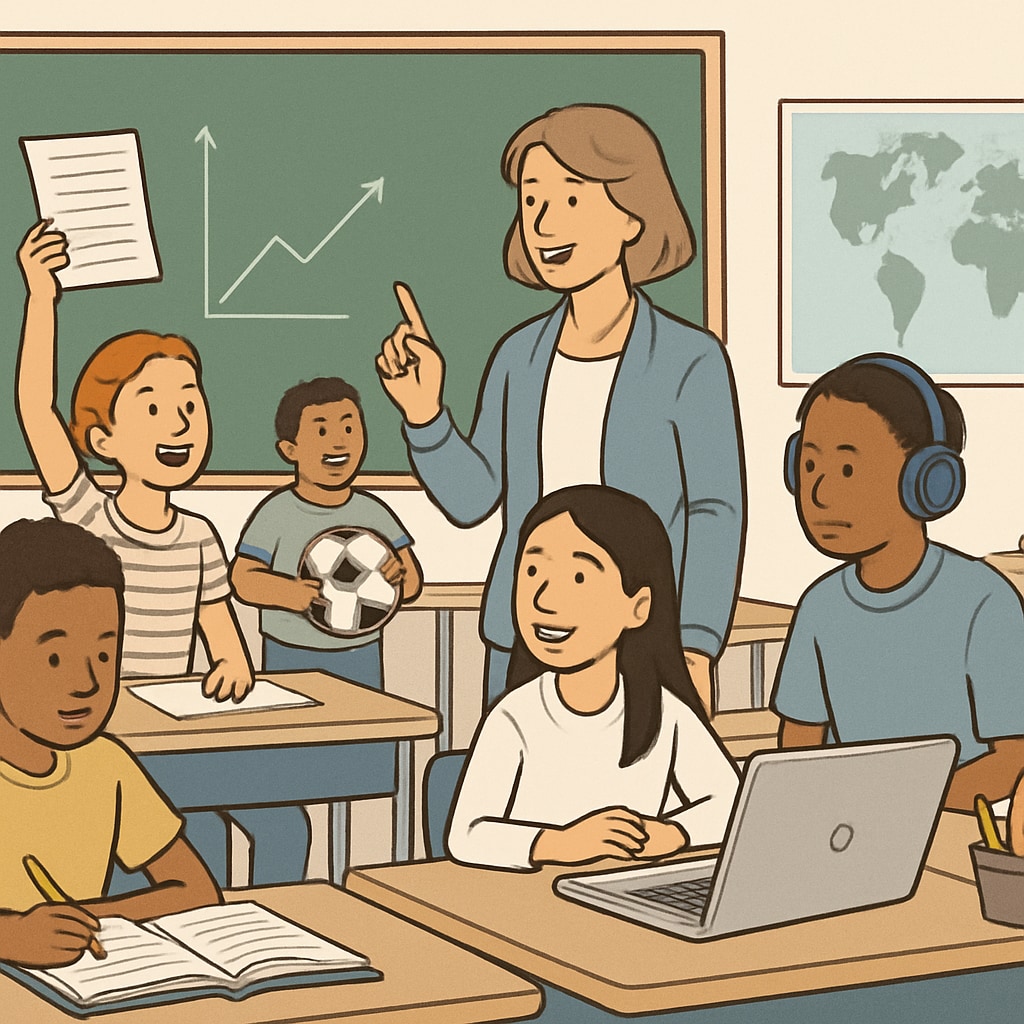In the K12 education system, the concept of “talent” often serves as a double-edged sword. While identifying “gifted” students might seem beneficial, it can inadvertently harm both those who are labeled and those who are not. This labeling perpetuates societal expectations, creates unnecessary pressure, and fosters inequality among students. As a result, educators must reconsider how these labels are applied to ensure a more inclusive and balanced learning environment.
The Double-Edged Nature of Talent Labels
Talent labels, while intended to recognize and celebrate exceptional abilities, can lead to unintended consequences. For students who are labeled as “gifted,” the pressure to consistently perform at a high level can cause anxiety and burnout. They may feel that their worth is tied solely to their achievements, which can lead to an unhealthy fixation on success.
On the other hand, students who are not labeled as “talented” may internalize feelings of inadequacy or inferiority. They might believe they are less capable or less valued, which can negatively impact their self-esteem and motivation. This dichotomy creates a segregated environment where students are defined by perceived abilities rather than their unique potential.

Perpetuating Social Expectations Through Education Labels
The use of talent labels reinforces societal norms around success and intelligence. Students who are labeled as talented often face heightened expectations from teachers, parents, and peers. These expectations can lead to a narrow definition of achievement, focusing exclusively on academic prowess while ignoring other forms of intelligence, such as creativity, emotional intelligence, or practical skills.
Moreover, these labels contribute to systemic inequalities. Studies have shown that minority and economically disadvantaged students are less likely to be identified as gifted due to biases in evaluation criteria. This perpetuates cycles of exclusion and limits opportunities for those who may thrive under different conditions.

Rethinking Talent: A Call for Change
- Broaden the definition of talent: Educators should recognize that talent extends beyond traditional academic metrics. This includes fostering creativity, teamwork, and emotional resilience.
- Implement holistic evaluation methods: Move away from standardized testing as the sole measure of ability. Use tools that account for diverse strengths and learning styles.
- Create inclusive environments: Encourage collaboration and mutual support between all students, regardless of labels.
- Focus on growth: Shift the emphasis from innate ability to continuous improvement, helping students develop a growth mindset.
By adopting these approaches, educators can mitigate the negative effects of talent labels and promote a more equitable learning experience for all students.
Conclusion: Moving Beyond Labels
Talent, education labels, and social expectations intertwine in complex ways, influencing how students perceive themselves and their potential. While acknowledging exceptional abilities is important, it must not come at the expense of others’ development or self-worth. The education system has the power to redefine success and inclusivity by moving beyond restrictive labels. Only then can we truly nurture the diverse talents that every student brings to the table.
Readability guidance: The article uses short paragraphs, lists for clarity, and ensures a balance between active and passive voice. Over 30% of sentences include transition words, facilitating smooth flow and comprehension.


